Sudan vacation, small group tour
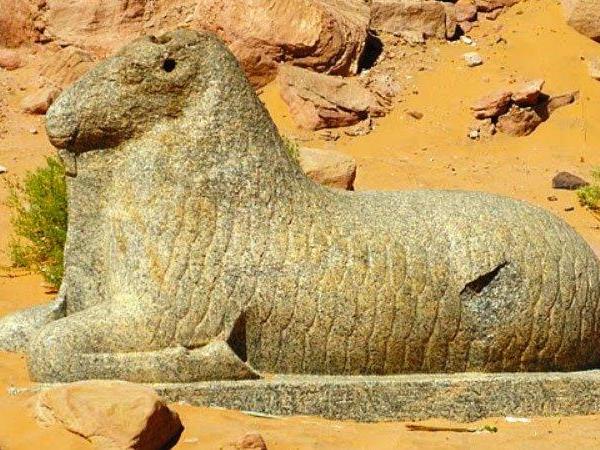
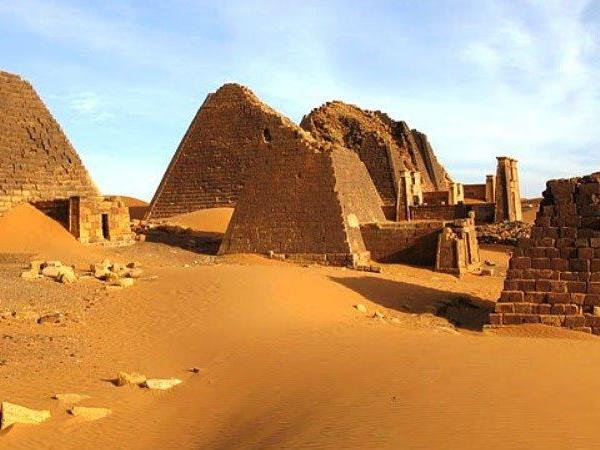
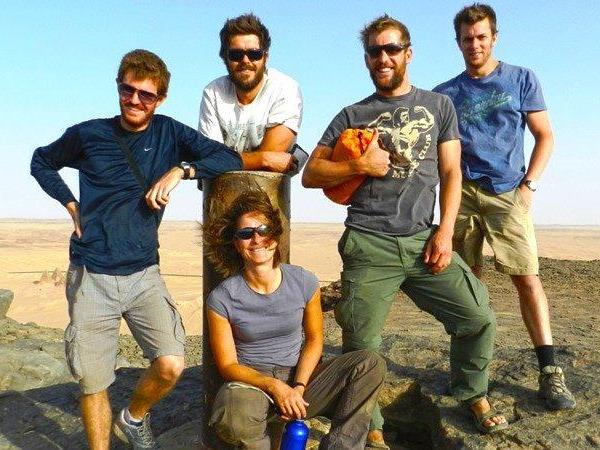
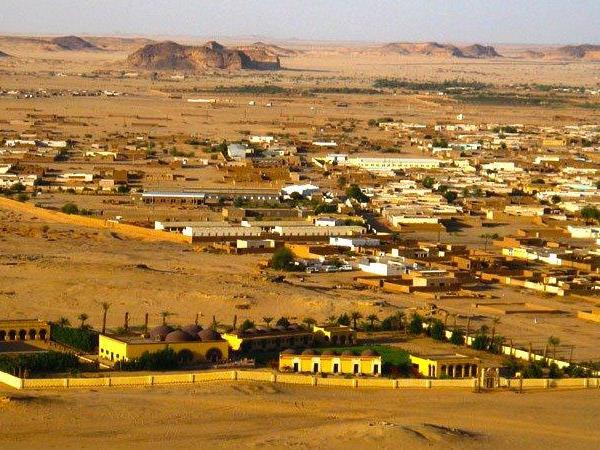
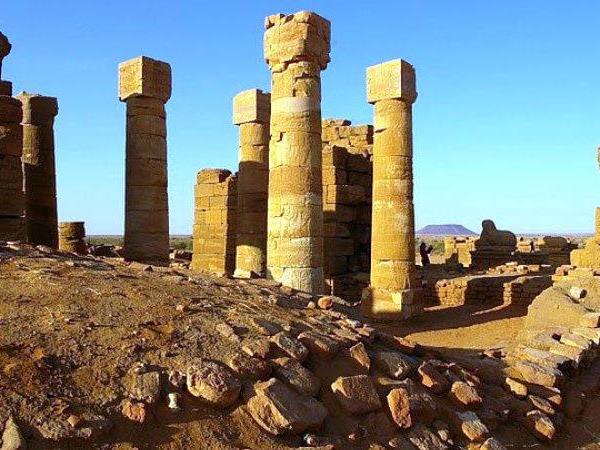
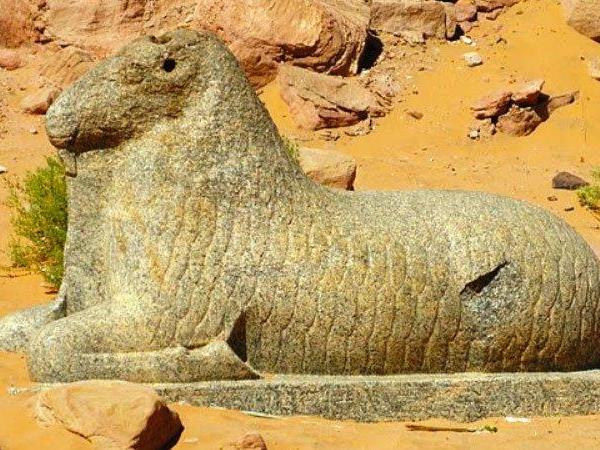
This adventure reveals the fabulous history and culture of Sudan, from Black Pharaoh pyramids to desert nomads - and Nuban wrestlers.
Khartoum Omdurman Whirling Dervishes Nubian Desert Naga Meroe ancient city and pyramids Bayuda Desert Karima World Heritage sites Bisharin nomads Old Dongola ancient Coptic churches Pyramids of Nuri Nuba wrestling competition
Price
£2849 excluding flights
More info
This tour is also available for booking privately for travel anytime through the year.
Please contact us for details and prices.
Single Supplement from £499, ask for details.
Please contact us for details and prices.
Single Supplement from £499, ask for details.
Description of Sudan vacation, small group tour
Map

Price information
Check dates, prices & availability
Travel guides
As of May 2023, travel is not recommended to Sudan. Armed conflict has broken out due to a rift in the country’s military leadership. With ceasefires ...
Think Africa, think golden sunsets silhouetting long necked giraffes, and wild landscapes extending as far as the eye can see. This is the continent w...
Reviews
2 Reviews of Sudan vacation, small group tour
4.5 out of 5 stars
Reviewed on 21 Feb 2019 by Lucie Paska
1. What was the most memorable or exciting part of your vacation?
The nuba wrestling, the dervishes and the markets in Kaboshija near the Meroe pyramids. Karima was fun and very authentic and the waterholes in
the desert with the girls arriving on their donkeys through the sandstorm. The camel market would merit a little more time than just 15 minutes.
2. What tips would you give other travelers booking this vacation?
Ask exactly, when the tour starts and when it ends. We ended up being one day too early in Khartoum and leaving one day later than the rest of the group. The
tour is supposed to last 10 days, but it's really only 8. If we had known that before we would have booked the extension to tombos. Bring your torch to el Kurru tombs! Bring tight fitting sunglasses good for sandstorms.
3. Did you feel that your vacation benefited local people, reduced environmental impacts or supported conservation?
The reusable waterbottles we were asked to bring were of no use, as there is nowhere to fill them. For any impact, our engagement would have to be more
active: collecting garbage between the pyramides for exemple or on excavations sites - and for the locals to see. In Karima we should have had lunches in the
town and not eat three times a day in the nubian guesthouse. Watering the big central lawn for hours seems an incredible waste of water in this dry area.
4. Finally, how would you rate your vacation overall?
Perfect and very easy traveling.
Reviewed on 10 Nov 2016 by Ian Husband
1. What was the most memorable or exciting part of your vacation?
Difficult to pick one thing. The whole tour was brilliant
2. What tips would you give other travelers booking this vacation?
To be prepared for the remoteness and un-commercialised places.
3. Did you feel that your vacation benefited local people, reduced environmental impacts or supported conservation?
Not particularly.
4. Finally, how would you rate your vacation overall?
Brilliant.
Responsible Travel
As the pioneers of responsible tourism, we've screened this (and every) vacation so that you can travel knowing it will help support the places and people that you visit, and the planet. Read how below.
Planet
How our company is making a difference:We know that making the positive difference we aim to achieve will not be an easy task. However, our enthusiasm and commitment towards our travel responsibility mission is far stronger than any obstacles. We believe that in order to achieve any objective, the company has to have accurate policies and procedures for the employees and the guests to follow in order to reach our goal.
In Sudan in particular, we encourage our travelers to not contribute to the already great lack of fresh water running through the country. Travelers are briefed on taking quick showers and to be very conscious when using water for other purposes other than showering and toilet use.
We have decided that the environment is a major component of any local community and any negative effect on the environment would directly have an impact on the lives of the inhabitants of the local community. Therefore, we have drawn up a strict environmental protection policy that all our employees and travelers have to abide by. For example, we recycle empty ink cartridges. A company collects them and disposes of them the correct manner.
Sudan is a strictly Muslim country and therefore travelers are encouraged to respect the religion at all times. The country is also ruled by strict police presence which should also be respected at all times.
For us, Responsible Travel is the only way to travel.
People
Throughout our long tourism business journey, exceeding 15 years of travel operation in the Middle East, we have succeeded in establishing strong links with the communities we are dealing with in the host destinations.We believe that the Responsible Travel concept has to be a two-way strategy with both the travelers and the local community gaining benefits. We benefit the local communities we visit using a wide scope of activities that have a positive impact on the local economy, directly by donating money to charity organizations, financially supporting some local communities and by recruiting employees who belonging to the local community. We encourage our guests to buy local products and make use of services that people local community offer. We help indirectly through capacity building projects we implement with our employees and through the experiences and culture exchanges that take place between the locals and the travelers during our tours.
We promise to support the local community of every destination we take our travelers to. We will do this by employing local guides, using local handicraft shops and recommend shops to our travelers so that their vacation spending contributes to the people of that country. Furthermore, we provide each traveler with a tipping guide. By doing this we set a concept of tipping and gratuity for every person who will offer a form of service to the traveler.
In Sudan in particular, food is a scarce commodity, so we aim to partner with community support projects that will allow our travelers to donate money that will be used to buy and spread the food supplies through the country.
We have also considered the social aspect of the local community and how to respect the customs and traditions of the inhabitants helping us operate our tours. We always provide our guests with all the information needed to understand the community they are visiting and we create valuable opportunities for the travelers and the locals to mingle and exchange ideas and thoughts.
The first objective is to operate our tours in the most perfect way possible. Our second objective, but not second in importance, is to benefit the local community, protect the environment, and have a positive social impact on the inhabitants living in our host destinations. One of the ways of doing this is to inform and educate our travelers on the cultures of the destinations. By doing this we aim to create a form of respect between the travelers and the local citizens who they will face along their tours.
We educate all our staff on the real life situations of each destination. Sales consultants will use this information to inform potential travelers of the correct information and threats that they may face. By creating long lasting relationships with our local ground handlers, we are able to establish what needs the community has and through their information we can inform our travelers what they can contribute to the local community from their home countries.
Popular similar vacations
Sudan ancient history vacation
From £2625 - £2799 9 days excluding flights
Explore the Kingdom of the Black Pharoahs
Sudan small group vacation
From £5199 19 days excluding flights
Stunning desert landscapes and ancient history
Sudan cultural vacation
From US $4588 - US $4688 8 days excluding flights
Wild desert camping and spectacular archaeological sites











